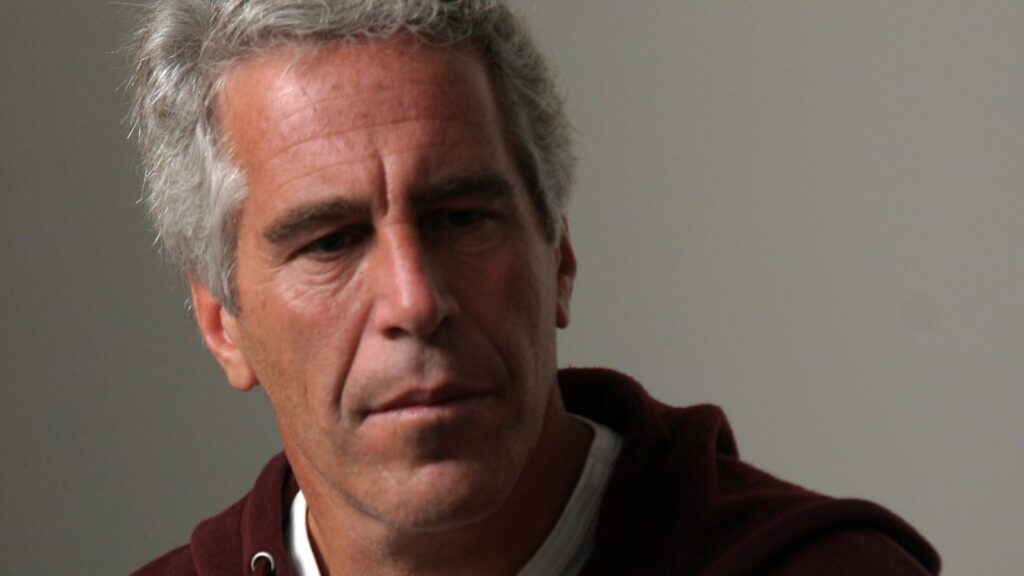X Looks to Steer Lawsuits to Musk’s Favorite Tesla-Investor Judge
By one major investor’s estimate, Elon Musk‘s X Corp. — the social media business that most prolific users will probably never stop calling “Twitter” — has plummeted some 80 percent in value since the world’s richest man purchased it for $44 billion two years ago. That may not currently bother Musk, who seems more focused on leveraging the platform to help Donald Trump win the election than turning a profit.
Yet the chaotic transformation of Twitter into the increasingly extremist and conspiracist X has also opened up a new set of legal battles — so far mostly instigated by Musk himself. X has already sued two different non-profit watchdogs, the Center for Countering Digital Hate and Media Matters for America, for reporting on how the site serves white supremacist and pro-Nazi content alongside posts from advertisers. While the CCDH suit was dismissed by a California judge as an attempt to stifle free speech, a Texas judge is allowing the similar complaint against Media Matters to proceed next year. X attempted to bring another suit before this same judge, this one against advertisers who left the platform amid rising hate speech, but he recused himself from the case without offering a reason for stepping aside. (A former FTC policy director described that lawsuit as a “hideous joke” to Rolling Stone.)
The jurist in question, U.S. District Judge Reed O’Connor of the Northern District of Texas, has apparently become a favorite of Musk and X: in the company’s current Terms of Service, updated on Wednesday, the company now stipulates that all legal disputes over its terms “will be brought exclusively in the U.S. District Court for the Northern District of Texas or state courts located in Tarrant County, Texas.” While this doesn’t guarantee that all such litigation will be steered to O’Connor, it’s a clear attempt to get more cases in front of him and likewise right-leaning judges in the Northern District, whereas X Corp. is actually headquartered in the Western District of Texas. The practice of seeking a more favorable court is known as “forum-shopping,” and in launching their lawsuits to date, X’s lawyers have been able to file in O’Connor’s district by noting that the platform has users there. X did not respond to a request for comment about this legal strategy.
A conservative activist on the bench, O’Connor was appointed by George W. Bush and is best known for unsuccessfully attempting to overturn the Affordable Care Act as unconstitutional. He has also declined to recuse himself from the Media Matters case despite the organization filing a motion that points out a potential conflict of interest: O’Connor had as much as $50,000 invested in Tesla, a company whose fortunes are tied to Musk’s other ventures, including X. Other legal ethics experts called on O’Connor to recuse himself in light of his investment in a Musk company; this week, new financial records showed he did not sell his Tesla stock after taking on the Media Matters case. A court deputy for O’Connor did not respond to a request for comment.
Though O’Connor may have ruled that there’s “no evidence that shows Tesla has a direct financial interest in the outcome of this case,” regulators in Europe appear more inclined to take Musk’s entire web of businesses into consideration when considering X’s corporate responsibilities. The European Commission is investigating the website for potential violations of the Digital Services Act, the European Union’s tough new standards for online platforms, including requirements to identify and combat the spread of illegal content, disinformation, and hate speech. Failure to curb such threats to user safety can result in fines of up to 6 percent of a company’s annual global revenue, and the EU has signaled that it could multiply such penalties against X by including sales from Musk’s other companies in its calculations.
Other potential changes at X could have legal and financial consequences. One tweak has to do with the collection of user content and data for the training of artificial intelligence products, such as X’s chatbot, Grok. While users may currently opt out of sending their data to Grok, the latest Terms of Service does not mention any such option or setting, and X may simply remove it in the future. Then there’s the modification of the “block” feature, which Musk has been promising for more than a year. This week, users received an alert that read: “Block is changing soon. If your posts are set to public, accounts you have blocked will be able to view them, but they will not be able to engage.”
Many users have blasted both ideas, and the block overhaul may run afoul of guidelines for the Apple and Google app stores, both of which require products to have a block feature. It’s not clear whether either company would delist X from their stores if the change goes into effect, but critics have nonetheless argued that the move would increase abuse and harassment, and even facilitate stalking. The discontent has led to another surge of sign-ups for Bluesky, a decentralized social network originally developed at Twitter, which on Thursday announced that it had welcomed half a million new users in the past day alone, for a total of more than 11 million. The platform touted its block function as it celebrated the milestone, tweeting, “you can block people on bluesky, and they won’t be able to see your posts or interact with you.”
It remains to be seen whether anyone in the U.S. will bother to challenge Musk and X in their preferred district court as the billionaire continues to remodel the splintering site according to his whims. It could be, as the data indicates, that people will simply continue to leave in droves, rendering the social network little more than a dysfunctional right-wing echo chamber. And there’s not much a friendly judge can do about that.





